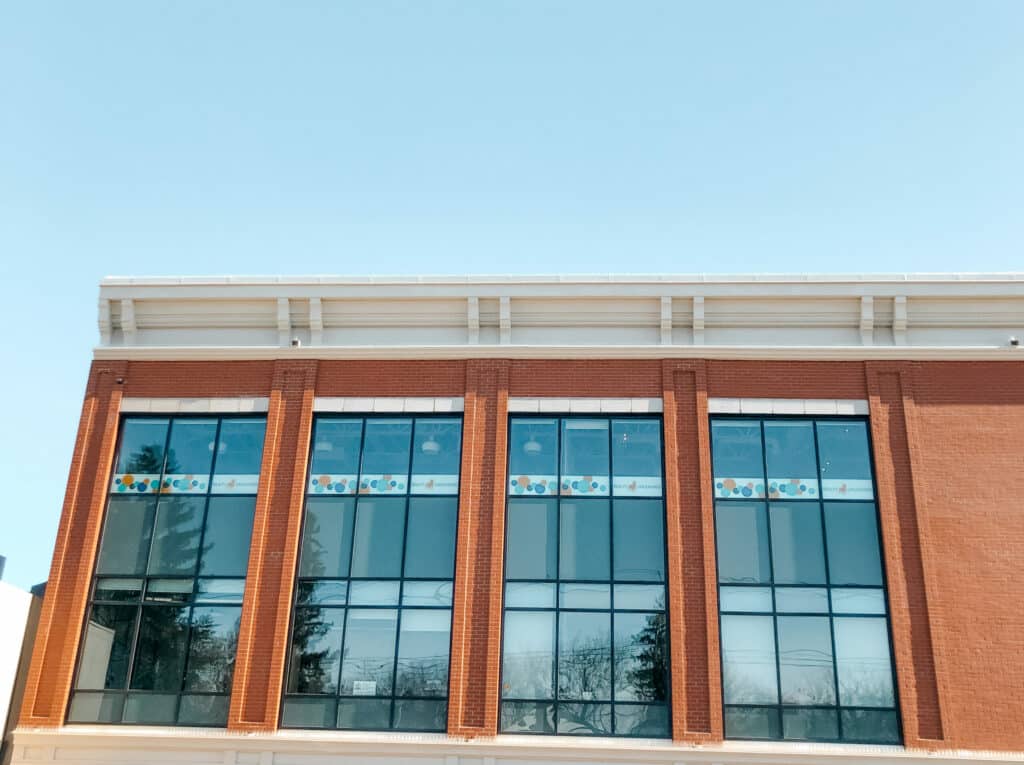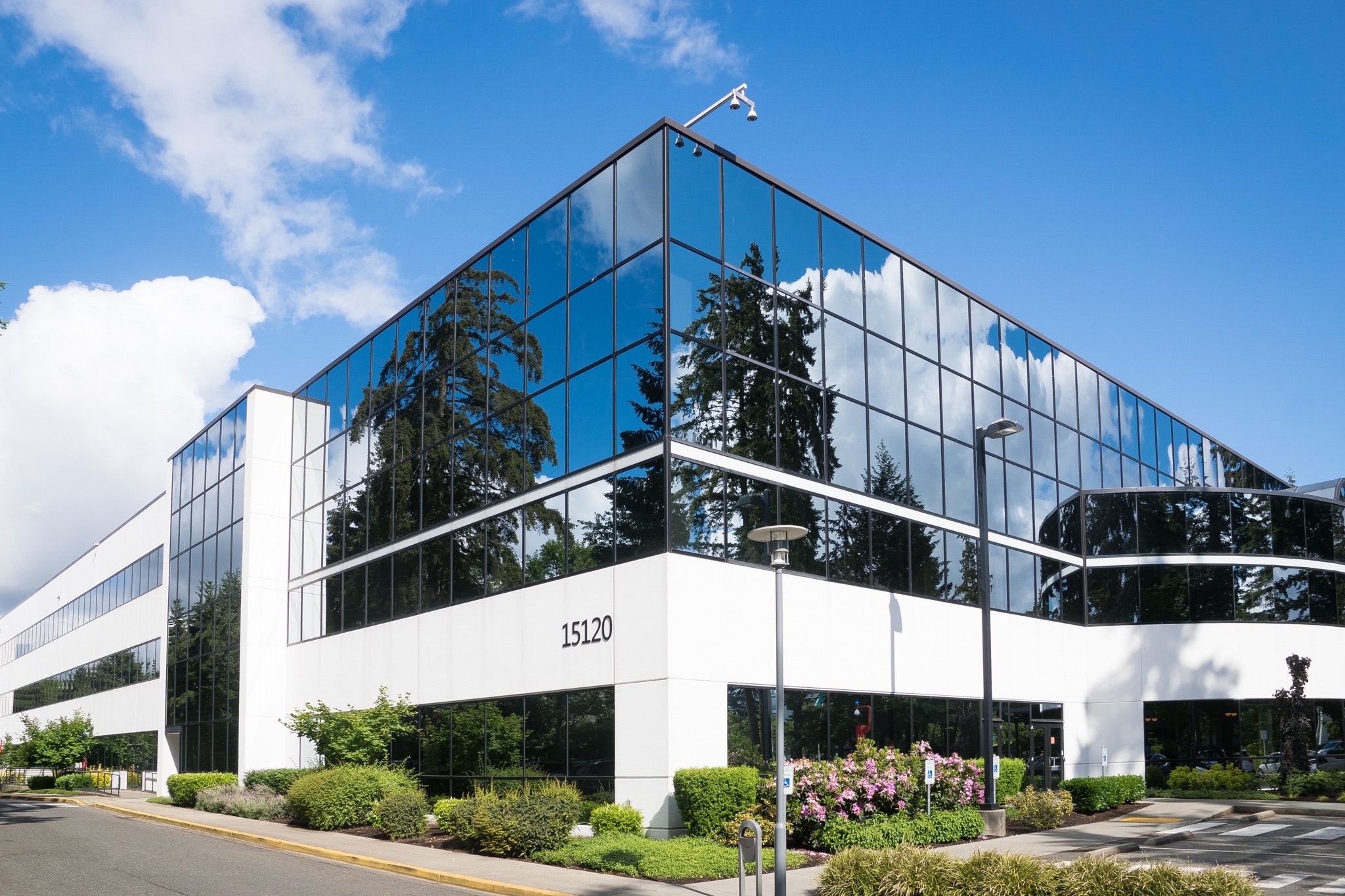Four emergent trends have contributed to the restriction of patients’ access to primary care in Alberta; retirement, moving out of the province, changing the scope of practice and moving to work in hospitals have put pressure on the number of doctors available for family practice. Outside of retirement, remuneration has a lot of impact on the decisions of individual doctors who opt to leave their family practice; however, the impact on the physicians who remain in a clinic, especially those in ownership, has even more devastating effects on the community as a whole.
A lease that owners sign in a clinic is the most contractually obligating document that binds physicians together. The financial and legal commitment to lease obligations has the power to hold a group of doctors together. It is, and always has been, a normal part of ownership and doing business. Still, increasing external pressures force many family docs to choose between continuing to care for their patients through fierce headwinds or to a position that pays more. Lease renewal can put a lot of pressure on a group of doctors, especially when it comes to increasing costs. Combined with losing a partner who would have otherwise shared in the overhead, many clinics have no other option but to close.
While there are a few ways that family docs can circumvent these headwinds, there are some strategies that can positively influence a clinic’s survival, and you might be surprised to know that, in many cases, it won’t cost you a thing.

Many doctors enlist the help of lease lawyers to negotiate with property owners. Lease lawyers are great. They do an excellent job of helping lessees understand the obligations of a lease and can sometimes negotiate more favourable terms than originally offered. There is more to a lease than simply getting the base rate as low as possible; other terms can be negotiated, including a free rent period, tenant improvement period, tenant improvement costs, rent escalator, first right of refusal for different spaces, and more. While lease lawyers can help you understand that and represent you, they aren’t necessarily the best option when seeking to find mutually beneficial outcomes. Moreover, there is a cost associated with a lease lawyer’s representation.
What many physicians don’t know is that commercial real estate professionals not only help you find new space but can also help you re-negotiate your existing space. And it will cost you zero dollars.
Finding an Edmonton REALTOR® with a consultative mindset is vital. Not only are they specially equipped and experienced to help determine your needs, but they can also help determine the property owner’s needs and capacity. For example, while costs escalate around us, some lessees’ can become singularity focused on negotiating a discounted per-square-foot cost. While that can seem like the only way to save money, you may find yourself in a deadlock with the lessor. Some lessors will be strict on per square foot price because they, like many of whom own buildings leased to medical offices, have investors to report to, and the per square foot price may be the most important metric. Therefore, clinics can negotiate on different terms, such as another free rent period and tenant improvements, which can often work out similar savings.
Something that medical professionals need to remember is that they are very desirable tenants. And it’s in both parties’ interests if they work towards a win-win outcome. Here are some tips that can help you when it comes time to renew your lease.
Start one year in advance.
Negotiations of this nature can take a long time, especially when consultation needs to take place between the lessees of a clinic and the number of owners making the decision can often lead to a longer time to reach a consensus.
In most cases, the clinic’s goal is to negotiate a new lease on mutually favourable terms that keep the clinic where it is. However, if negotiations are left until the lease is set to expire, there is little time to explore other leasing opportunities. The owners put themselves in a poorer position to negotiate because the landlord understands there is no time to move elsewhere without disrupting care.
Discover what your needs are.
Over your original or previous lease term, your needs can change. Your clinic may require different exam rooms; you may have lost or acquired more doctors, and there may be a different number of doctor partners making decisions.
The most important question is determining if the space still fits your needs. Do you need more space? Less space? Can the existing space be changed to fit your current and future needs?
Understand the terms to negotiate.

Base Rate
The Base Rate, or per-square-foot rate, is one of the primary aspects of a lease. It is the amount per square foot that is charged and is expressed in an annual amount. A base rate of 15 dollars for a 10,000-square-foot space means the lease is $150,000 per year or $12,500 per month.
The base rate is the most important metric for the property owner, especially for landlords that own the types of buildings that medical clinics are often in. It’s the number that they receive lending from banks and are reported to their investors, and it’s important to remember that when you enter negotiations.
Free Rent Period
A Free Rent Period is a period where the lessee gets just that, free rent. It is offered as an incentive to entice new businesses to lease a space and will give the company a specified number of months where they don’t have to be the base rent. Depending on the market and the demand for similar spaces, a Free Rent Period may also be available to a lessee when resigning from a new lease.
Tenant Improvements
Again, tenant improvements are an incentive offered to entice new lessees, but can also be available to existing tenants when resigning. It is money offered at a dollar per square foot to make leasehold improvements to space. As your business changes, the requirements of your space can too. And indeed, for long-time tenants, renovations or improvements may be due even if your business has stayed relatively the same.
The tenant improvement or “TI” amounts agreed upon are often upfronted by the lessee to pay for the work and then reimbursed by the landlord once the work is completed. In some cases, and often when a prominent property owner owns the building, they may have their own design team that can design and contract the renovation, which means clinic owners aren’t out of pocket and can focus on caring for patients.
Ask a REALTOR®

Most clinic owners, or any lessees for that matter, don’t know that they can get help from a real estate professional for free! Much like buying a house where the commission is paid to your representative by the seller of the property, the landlord compensates a REALTOR® who helps you.
Understanding Goals
A REALTOR® in Edmonton can help you and your clinic partners understand your goals even in a climate where a lot of the future seems uncertain. Depending on the number of partners, it may be hard to all agree, but an independent representative can help provide insight and propose some paths for moving forward.
Negotiate Win – Wins
It’s easy to perceive that there are two opposing parties with different interests in transactions such as this. However, the success of a transaction depends on both parties agreeing and coming together. Someone who fluently understands your needs and the other party’s needs can act as a conduit to bridge the gap and create a solution where everyone wins.
Medical office tenants are excellent tenants; they are reliable and long-term. Most building owners want to keep those tenants, and their business’s success depends on your success. Your Edmonton REALTOR® can position you to capitalize on that strength and get you what you want.
Explore other Spaces
Whether you intend to stay where you are or move clinics, a REALTOR® is vital to helping you explore alternative opportunities. Alternative options take time to investigate and research. While a lawyer may help you understand a lease set before you, a REALTOR® can measure that against what else is available on the market, using that information to give you clarity in your current position or provide you with a new option that suits your needs better.
Contact us below if you’re in need of a REALTOR® in Edmonton.











